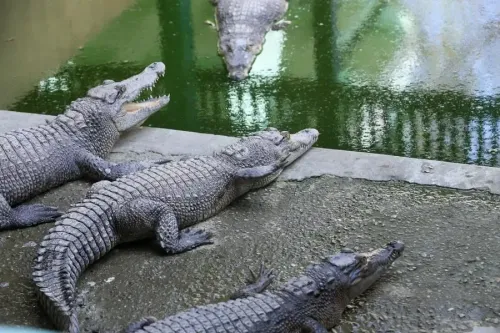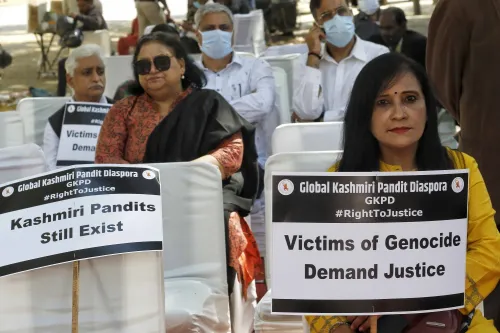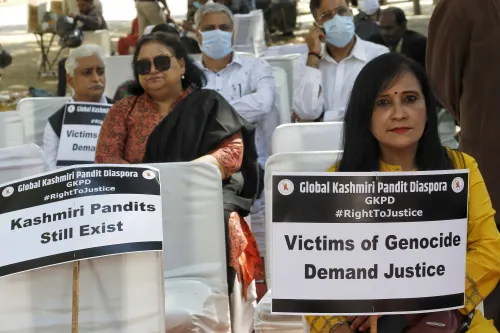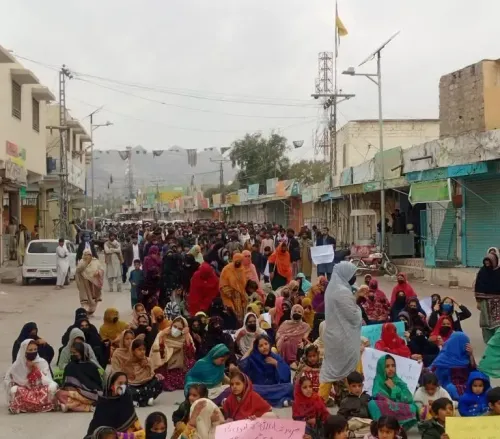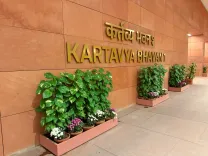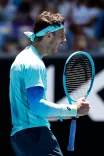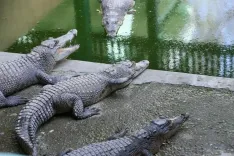Is President Lee's Trial for Public Fund Misuse Delayed Again?

Synopsis
Key Takeaways
- The trial of President Lee Jae Myung has been postponed again.
- The court's decision prioritizes the president's constitutional duties.
- Lee faces serious charges of embezzlement from his time as governor.
- The political implications of these legal issues are significant.
- The Constitution provides protections for sitting presidents against criminal charges in specific cases.
Suwon, July 1 (NationPress) - A district court in South Korea announced on Tuesday that it has opted to postpone the trial of President Lee Jae Myung regarding allegations of misusing public funds, which follows two similar delays from the previous month.
During the hearing, the Suwon District Court stated that the trial proceedings will remain paused without a new date for the next hearing, effectively suspending the case.
Earlier that day, the court indicated that the hearing would take place at 4:30 p.m. regardless of whether the bench opts to move forward with the main trial.
The court highlighted the necessity for Lee to “fully dedicate himself to fulfilling his constitutional duties” and to maintain continuity in state governance as the rationale behind the suspension.
According to reports from Yonhap News Agency, the trial will be on hold until the court specifies a date for resuming proceedings.
This decision arises amidst speculation that the court might again postpone the fourth preparatory session, considering that the Constitution protects a sitting president from criminal indictment except in cases of treason or insurrection. Lee was elected president just last month.
The court clarified that the Criminal Procedure Code distinguishes between preparatory proceedings and the main trial, indicating that a suspension of the primary trial does not necessitate a halt in preparatory phases.
Lee was indicted in November on charges of embezzling 106.5 million won (approximately US$77,800) from the Gyeonggi provincial government during his tenure as governor from 2018 to 2021, allegedly to cover expenses for food and other items.
Two additional trials concerning accusations of violating election laws and corruption linked to a significant development project were also postponed last month following his election.
A separate trial regarding an alleged illegal remittance to North Korea has yet to initiate preparatory proceedings.


